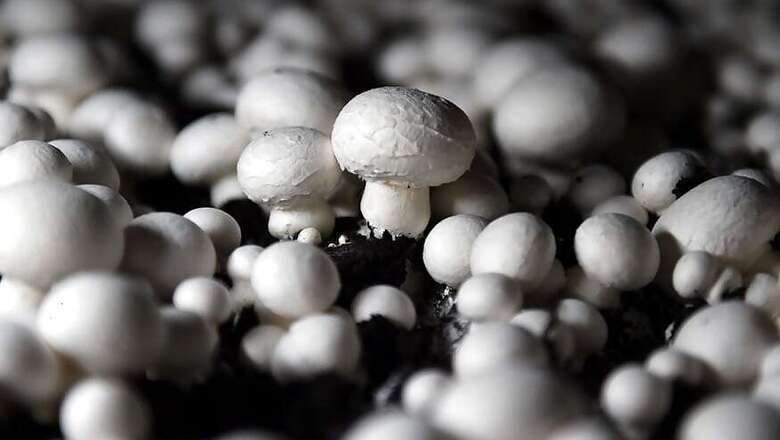
views
Chennai: Wild mushrooms from the forests of Tamil Nadu could hold the key to curing certain types of cancers, a Madras University professor has found.
Prof Venkatesan Kaviyarasan, a retired Madras University professor, who has been researching for nearly thirty years, has now got a process patent for anti-carcinogenic compounds extracted from mushrooms. His PhD student J Manjunathan worked with him on the extraction process. The duo had applied for the patent in 2012 and got it on March 11.
“As a part of All India coordinator’s project by Department Of Environment, we collected white mushrooms from Javadu hills, Kolli hills and the forest of Kanyakumari district. There were more than eight types of mushrooms, each of which was allocated to a student. It was identified and cultivated in the lab in Madras University,” said Kaviyarasan.
The project work began in 2008 and it took three years for Kaviyarasan to complete it.
When asked if the recognition is quite late in coming, he agreed and said, “The research is still in its initial stages in India and we have a long way to go.”
The Madras University professor revealed that he faced many challenges in getting approvals for the project and in getting access to the forests. Finding mushrooms wasn't easy either.
“We tested the compounds from wild mushrooms, cultivated mushrooms and mycelium. We got more yield from cultivated mushrooms up to 1.5 kg,” he explained.
When these compounds were tested with different cell-lines, it was confirmed that it has anti-cancerous properties."We have escalated compounds and worked it against different cell lines to confirm if it has anti-cancerous properties. We got cell-lines from different labs and observed that maximum result was for breast cancer and Colon cancer wherein 80% of cell-lines were suppressed or killed," the professor said.
However, Kaviyarasan was of the opinion that there is still a long way to go for the research to convert to medical usage. So far, he has guided 17 students on their PHDs, seven of whom have worked on biodiversity of mushrooms, while five have worked on bio-remediation of pollutants in mushrooms.
















Comments
0 comment